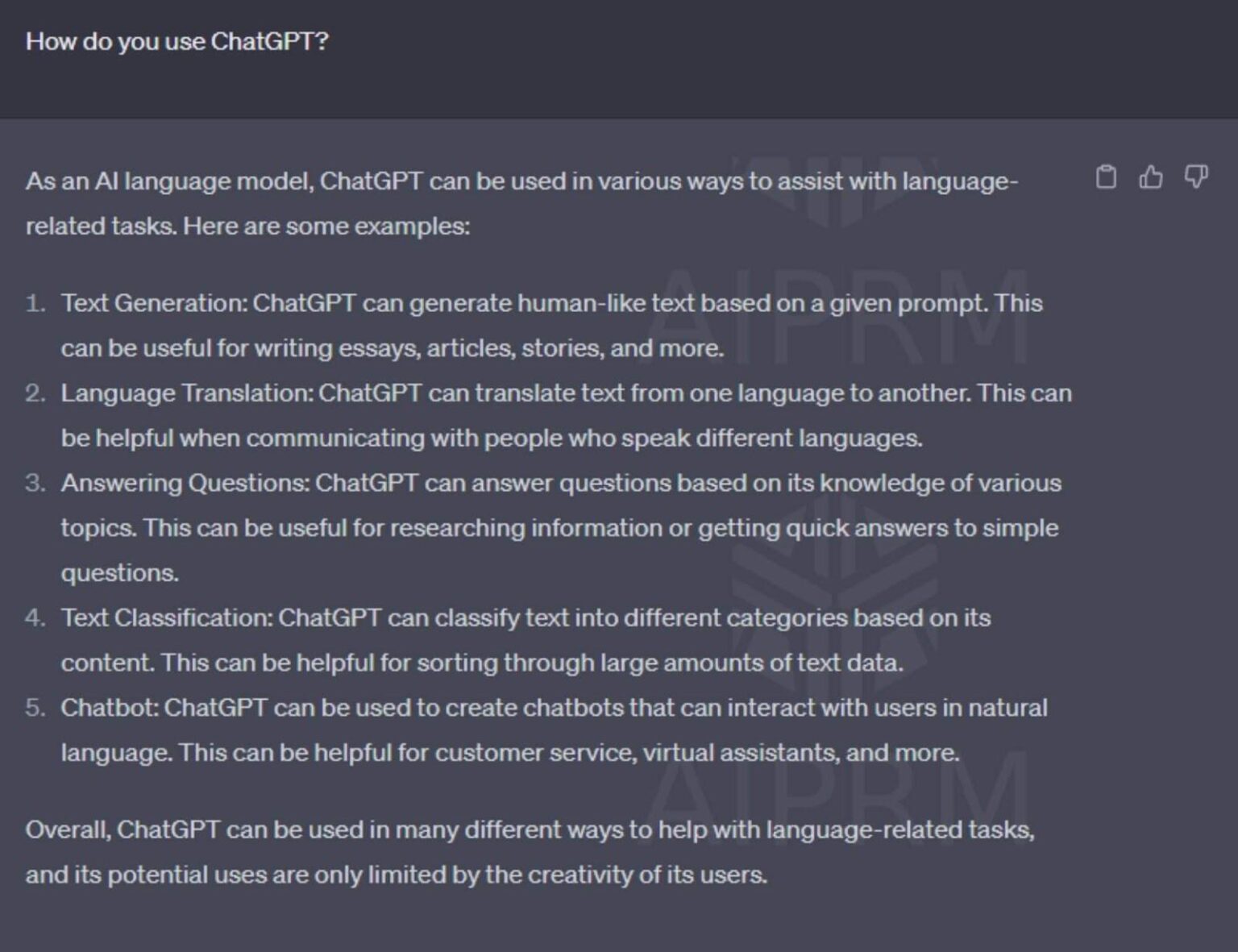Strengthening Education and Healthcare in Equatorial Guinea: A Renewed Partnership Between Pope Leo XIV and President Teodoro Obiang Nguema Mbasogo
In a landmark meeting that highlights the Catholic Church’s sustained influence on global humanitarian efforts, Pope Leo XIV recently convened with Equatorial Guinea’s President, Teodoro Obiang Nguema Mbasogo, at the Vatican. Their discussion centered on advancing education and healthcare systems within this West African nation—two sectors critical to social progress. This encounter not only reaffirmed the Church’s dedication to human dignity and social equity but also emphasized the necessity of joint initiatives between religious institutions and government bodies to uplift vulnerable populations.
Forging New Paths for Educational Advancement in Equatorial Guinea
The dialogue between Pope Leo XIV and President Obiang underscored a shared vision for transforming educational access across Equatorial Guinea. Both leaders recognized that quality education is foundational for sustainable development, economic growth, and societal well-being. They proposed several innovative approaches designed to expand learning opportunities while ensuring inclusivity:
- Integrated School Networks: Establishing partnerships where Catholic educational institutions collaborate closely with public schools to pool resources, share best practices, and enhance curriculum standards.
- Professional Development for Educators: Launching comprehensive teacher training programs focused on modern pedagogical techniques that foster analytical skills among students—a vital component given Africa’s growing youth population projected to reach over 1 billion by 2030.
- Expanded Scholarship Programs: Increasing financial aid availability aimed at marginalized communities to boost enrollment rates from primary through tertiary levels.
The leaders also acknowledged how intertwined education is with health outcomes; healthier children are more likely to attend school regularly and perform better academically. This holistic perspective sets a precedent for integrated policy-making moving forward.
Pioneering Healthcare Solutions Through Church-Government Collaboration
A significant portion of their conversation was devoted to enhancing healthcare delivery throughout Equatorial Guinea—particularly in rural areas where medical infrastructure remains sparse. The Catholic Church’s longstanding role as a provider of health services positions it uniquely as an ally in expanding care accessibility. Key initiatives discussed included:
| Healthcare Initiative | Description |
|---|---|
| Mobile Health Units | Missions deploying mobile clinics equipped with essential medicines and staffed by trained professionals targeting remote villages lacking permanent facilities. |
| Community Health Education Campaigns | Sustained workshops educating citizens about hygiene practices, nutrition fundamentals, vaccination importance, malaria prevention strategies, and maternal-child health care. |
| Civil Society Partnerships | Tapping into networks of NGOs specializing in public health interventions such as disease surveillance programs or emergency response coordination during outbreaks like recent Ebola flare-ups across Central Africa. |
This collaborative approach aims not only at immediate service provision but also capacity building among local healthcare workers through ongoing training modules designed jointly by church-affiliated hospitals alongside governmental agencies.
A Framework for Sustainable Church-State Cooperation: Recommendations Moving Forward
The meeting laid groundwork for an enduring alliance between ecclesiastical bodies and state authorities geared toward elevating both educational standards and healthcare quality nationwide. To maximize impact from this partnership model, several strategic recommendations emerged:
- Synchronized Program Development: Craft integrated projects leveraging church-owned facilities alongside government schools or clinics ensuring broader reach without duplication of efforts;
- Cultivating Skilled Personnel: Implement continuous professional development schemes tailored specifically for educators & medical staff affiliated with church-run entities;
- Diversified Funding Mechanisms:Create joint funding pools combining state budgets with international donor contributions channeled through faith-based organizations;
- Civic Engagement Initiatives: strong >Mobilize grassroots participation via parish networks encouraging community ownership over local education & health improvements; li >
ul >< strong >Partnership Component< / strong > th > < strong >Success Indicators< / strong > th >
< / tr >
< / thead >Growth in Student Enrollment Rates< / td > Percentage increase measured annually over five years< / td >
tr >
< tr >
< td >Expanded Access To Primary Healthcare Services< / td >
< td >Number Of patients served per mobile clinic mission per quarter< / td >
tr >
< tr >
< td >Community Participation In Health Workshops And Seminars< / td >
< td >Attendance figures combined with pre- & post-session knowledge assessments indicating improved awareness levels.The Broader Impact: Charting a Path Toward Inclusive Social Progress in Equatorial Guinea and Beyond
This high-profile engagement between Pope Leo XIV and President Obiang symbolizes more than just diplomatic courtesy—it reflects an evolving paradigm where faith-based organizations actively partner with governments tackling systemic challenges across Africa. With nearly 60% of Sub-Saharan Africa’s population under age 25 today, demographic trends demand urgent investment into youth-centric services like schooling & healthcare. The Vatican’s involvement signals renewed hope that moral leadership can complement political will toward equitable resource distribution.
As these collaborative frameworks take root within Equatorial Guinea’s borders—with potential replication elsewhere—the ultimate beneficiaries will be millions whose lives depend on accessible education systems paired seamlessly with robust health infrastructures.

